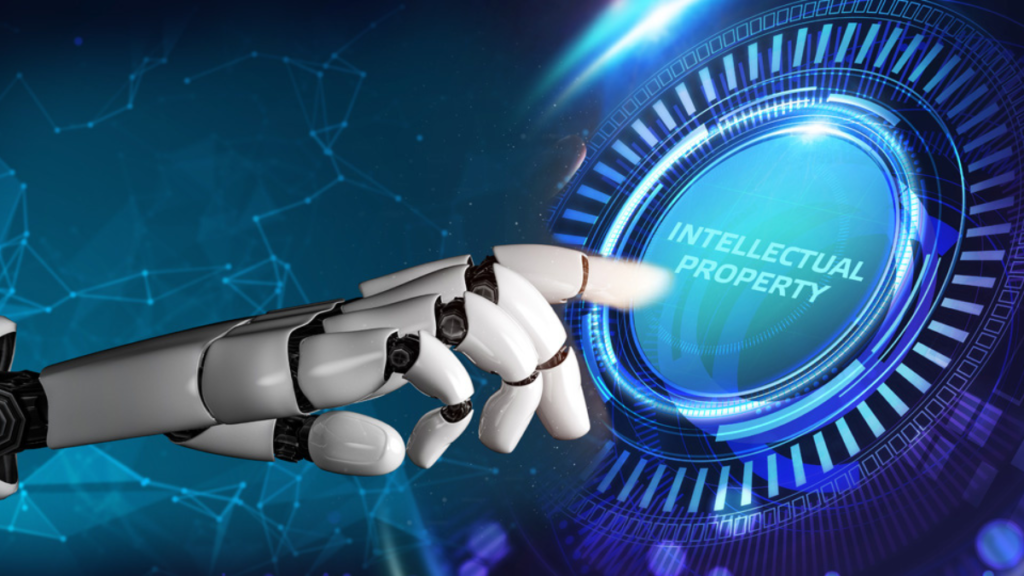
Artificial Intelligence (AI) is revolutionizing industries, and as its capabilities continue to expand, it brings forth a myriad of legal challenges, particularly in the realm of intellectual property (IP). From the generation of creative works to the protection of inventions, the impact of AI on IP is a dynamic and evolving landscape.
AI and Copyright Law
One of the most significant impacts of AI on intellectual property is in the domain of copyright law. The question of authorship becomes blurred when AI systems autonomously create works of art, music, or literature. Unlike traditional works, where the human creator is easily identifiable, AI-generated content raises the question: Who owns the copyright?
Various jurisdictions approach this issue differently. Some countries require human involvement in the creative process for copyright protection, while others focus on the output itself. Striking a balance between incentivizing innovation and protecting the rights of creators is a complex challenge for legislators and the legal community.
Patent Law in the Age of AI
AI’s impact on patent law is equally profound. The use of AI in research and development has accelerated the pace of innovation, particularly in fields such as healthcare, finance, and technology. The challenge lies in determining inventorship and ownership when an AI system contributes significantly to the invention.
Currently, most patent systems recognize human inventors, but as AI systems become more sophisticated, the question of whether they should be granted inventorship rights is a topic of ongoing debate. The lack of clarity in patent law regarding AI-generated inventions raises concerns about incentivizing innovation and ensuring fair competition.
Trademark and Brand Protection
In the world of trademarks, AI is transforming brand protection strategies. With the rise of AI-powered counterfeit goods and deepfakes, companies face new challenges in safeguarding their intellectual property. Traditional methods of monitoring and enforcement may prove insufficient in the face of AI-driven infringement.
AI technologies can also be instrumental in streamlining trademark registration processes, but this raises concerns about the accuracy and fairness of automated decision-making systems. Striking the right balance between efficiency and accuracy is crucial to maintaining the integrity of the trademark registration system.
Ethical Considerations and Trade Secrets
AI’s impact on intellectual property extends beyond legal frameworks to ethical considerations, particularly in the realm of trade secrets. As AI systems become more adept at reverse engineering, companies must enhance their measures to protect proprietary information. Balancing the sharing of knowledge for innovation with the need for secrecy is an ongoing challenge in a world increasingly driven by AI.
Conclusion
The impact of artificial intelligence on intellectual property is multifaceted, presenting both opportunities and challenges. As AI continues to advance, the legal landscape must adapt to address issues of authorship, inventorship, and ownership. Striking a balance between fostering innovation and protecting the rights of creators and inventors is essential for the future of intellectual property in the age of artificial intelligence. Legal frameworks, ethical considerations, and international collaboration will play pivotal roles in shaping the future of AI and intellectual property.